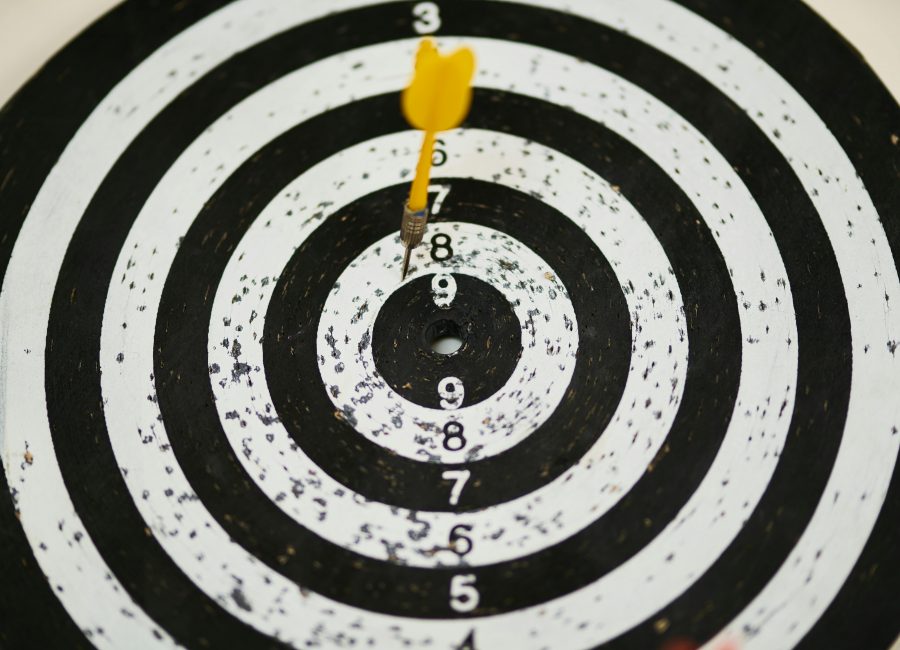Australians love to buy and sell property but how do you do it while minimising your capital gains tax liability?
For the past decade investors have looked favourably on the property market. For many of us, it’s provided a consistent stream of rental income, property values have been on the constant rise, and most of the associated running costs are tax deductible.
But even the savviest investor has to give back to the tax department and when the time comes to sell, many of us will have to pay capital gains tax (CGT).
Here’s what you need to know about CGT, and how you can keep more money in your pocket when you make the final sale.
What is Capital Gains Tax (CGT)?
When you profit on the sale of certain assets you have to pay CGT. Whether you earn a capital gain or loss, you have to report both in your income tax return. Keep in mind CGT is not a separate tax you report. It’s simply an amount you take into account as part of your overall income tax.
There are many ways you can work out the amount of capital gains tax you have to pay.
If you acquire and sell an investment property within 12 months, you simply add the capital gain to your income tax for that financial year. But if you acquire and hold onto an investment property for more than 12 months, then you could receive a 50 per cent discount on your capital gain.
Other popular methods to work out CGT is the indexation and capital loss method.
How to minimise CGT
Depending on your circumstances, you may be eligible to claim a full or partial exemption from CGT. The best way to find is to consult your local tax accountant, who can help come up with an effective tax strategy that suits your needs.
Before you talk to a professional, here are some of the most effective ways to lower your CGT:
Keep a record
Hold onto every relevant receipt you collect during the time you own an investment property. These include incidental costs (stamp duty, agent fees and marketing fees) and ownership costs (land tax, rates and maintenance) to improvement costs (upgrades, renovations and additions).
By having this information ready, you can accurately report your capital gains or losses and avoid paying too much tax.
Live in the property
Under the ATO guidelines a primary residence (your home) is typically exempt from CGT.
There are two ways you can go about this. You can claim the full exemption by living in the property for the whole time you own it. Or you can lease out the property for a few years, move back in later, and then sell the property. If you take the latter approach, you only have to pay CGT for the time you leased out the property and may not have to pay it at all if the property is your primary residence. But seek further advice on this.
Let’s say you acquire an investment property. You rent out the property for 2 years and then choose to live in it for 4 years. After selling the property you earn a capital gain of $150,000. Based on this timeline, you only have to pay CGT for the 2 years that you leased out the property.
Plus, since you held onto the investment for longer than 12 months, you can also apply the 50 per cent discount to enjoy event greater savings.
Invest in affordable housing
From 1 January 2018, if you invest in housing that qualifies to be considered affordable housing, you will receive an additional 10 per cent discount on top of any other discounts you are eligible to receive.
To qualify for this discount, the property must be provided below market rent and be made available to tenants on low to moderate incomes.
It must also be managed by a registered community housing provider, and the property must be held as affordable housing (it must meet the conditions to be classified as affordable housing) for a minimum of three years.
Revalue before you rent it out
When you rent out a property, the capital gain is calculated by the difference between the final sale price and the property value at the time it was rented.
However, if you didn’t get the property revalued at this time, then the value will be taken from the original purchase price.
To avoid paying unnecessary tax, always get the property revalued by a licensed valuer before you rent it out. Then you will have a new cost base to calculate future capital gains.
Talk to a tax accountant
Trying to make sense of all of these capital gains concessions can be tricky. Depending on your situation, you may find the process either really simple or extremely complicated.
For this reason, it’s a good idea that you talk to a tax accountant who can assess your current circumstances and guide you in the right direction. They will also be up-to-date with the latest ATO guidelines so you will know if any changes have been made that affect your circumstances.
Most importantly? You will have peace of mind knowing that your property investment is bringing you the best possible return.
















